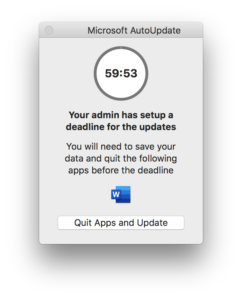 Microsoft quietly added a new preference for AutoUpdate last month that allows MacAdmins to override the length of the default 60 minute deadline timer. The preference works starting with version 4.48 of MAU.
Microsoft quietly added a new preference for AutoUpdate last month that allows MacAdmins to override the length of the default 60 minute deadline timer. The preference works starting with version 4.48 of MAU.
More details about update deadlines and this timer are available in my article Forcing Microsoft Office update deadlines with MAU from July 2019.
The new preference key is “UpdateDeadline.FinalCountDown” and is under the “com.microsoft.autoupdate2” preference domain. The data type is an integer that represents minutes.
I have already added the new preference to the ProfileManifests project that powers ProfileCreator, iMazing Profile Editor and Jamf JSON Schemas.
If you have any questions please join us in the #microsoft-autoupdate channel of the MacAdmins Slack.
Thanks to Darrin Pertschi for making me aware of this new preference.
 For many years I have managed Fast User Switching (FUS) on macOS in the maner
For many years I have managed Fast User Switching (FUS) on macOS in the maner  AirDrop
AirDrop Apple announced the deprecation of Python 2 with the release of macOS 10.15 Catalina in 2019, however MacAdmins have never known when it would actually be removed. The general expectation was with macOS 13 due out later this year, but Apple surprised us when it published the
Apple announced the deprecation of Python 2 with the release of macOS 10.15 Catalina in 2019, however MacAdmins have never known when it would actually be removed. The general expectation was with macOS 13 due out later this year, but Apple surprised us when it published the 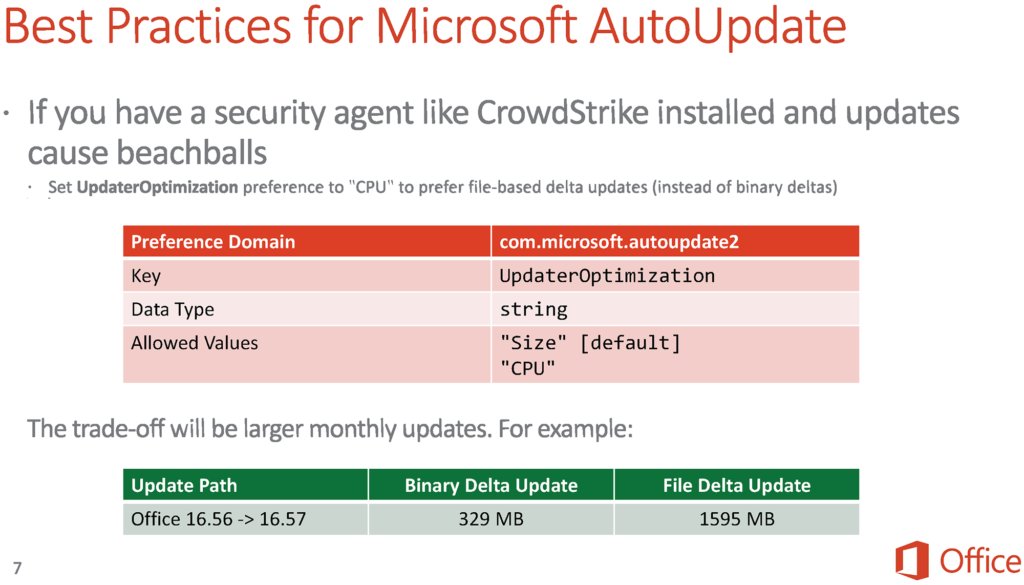
 One of the ways MacAdmins try to help onboard new colleagues is by automating the setup of devices and services. Simplifying first day setup for can go a long way toward helping a new hire feel confident in their new role.
One of the ways MacAdmins try to help onboard new colleagues is by automating the setup of devices and services. Simplifying first day setup for can go a long way toward helping a new hire feel confident in their new role.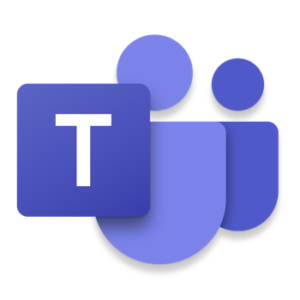 Paul Bowden announced
Paul Bowden announced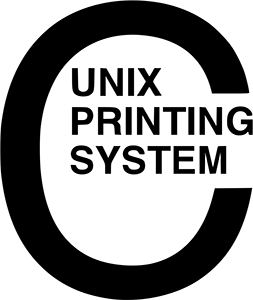 Back in September 2021 a colleague on the
Back in September 2021 a colleague on the 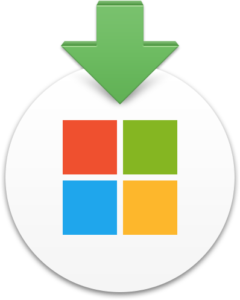 For years I have been manually cleaning up old packages on my
For years I have been manually cleaning up old packages on my